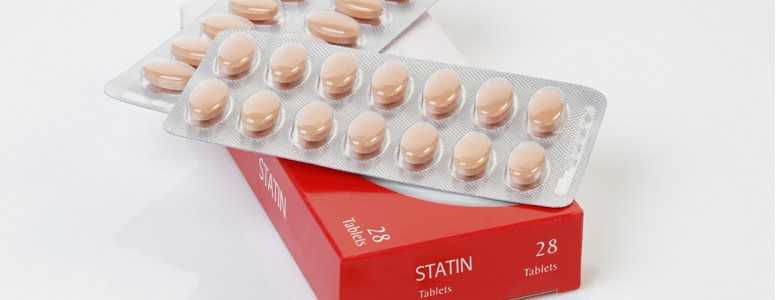Sodium-glucose co-transporter-2 (SGLT2) inhibitors reduce the risk of kidney complications in people with type 2 diabetes, researchers conclude in a new study.
SGLT2 inhibitors are a class of drug that includes the medications; dapagliflozin, canagliflozin and empagliflozin. They work by reducing the amount of glucose that is reabsorbed into the blood within the kidneys. This helps to filter excess glucose out of the blood and pass it out via the urine. In doing so, blood glucose levels are reduced.
Having high blood glucose levels over a number of years is a well-established risk factor for the development of diabetic nephropathy (kidney disease as a result of diabetes). Progression of kidney disease reduces how well the kidneys function and can lead to kidney failure.
The team of researchers, led by Dr Brendon Neuen from the George Institute for Global Health based at the University of Oxford, analysed data from four different studies. More than 38,500 people were included in the analysis. Participants had either been given an SGLT2 inhibitor to take or a placebo.
Among the participants, 943 developed acute kidney injury and 335 went on to develop end-stage renal disease. 252 participants went on to receive kidney dialysis, undergo kidney transplantation or died from kidney disease.
The results demonstrated consistent improvement in risks of kidney problems with SGLT2 treatment in comparison with placebo. There was a 25% reduction in risk of acute kidney injury and a 35% reduction in risk of end-stage kidney disease. Furthermore, there was a 33% reduction in risk of dialysis, transplantation, or death due to kidney disease.
The researchers concluded that: “These data provide substantive evidence supporting the use of SGLT2 inhibitors to prevent major kidney outcomes in people with type 2 diabetes.”
The systematic review and meta-analysis is published in The Lancet Diabetes & Endocrinology journal.






